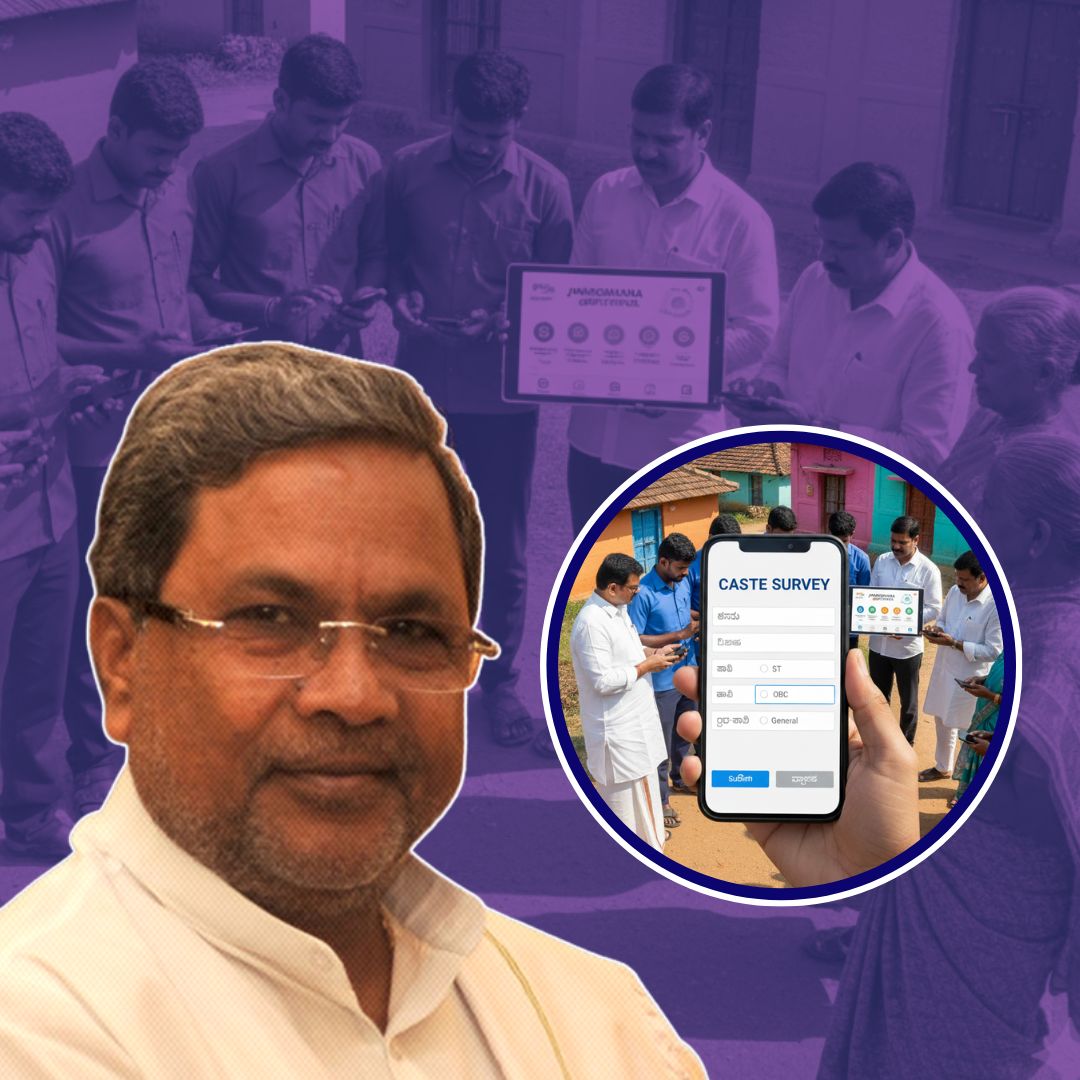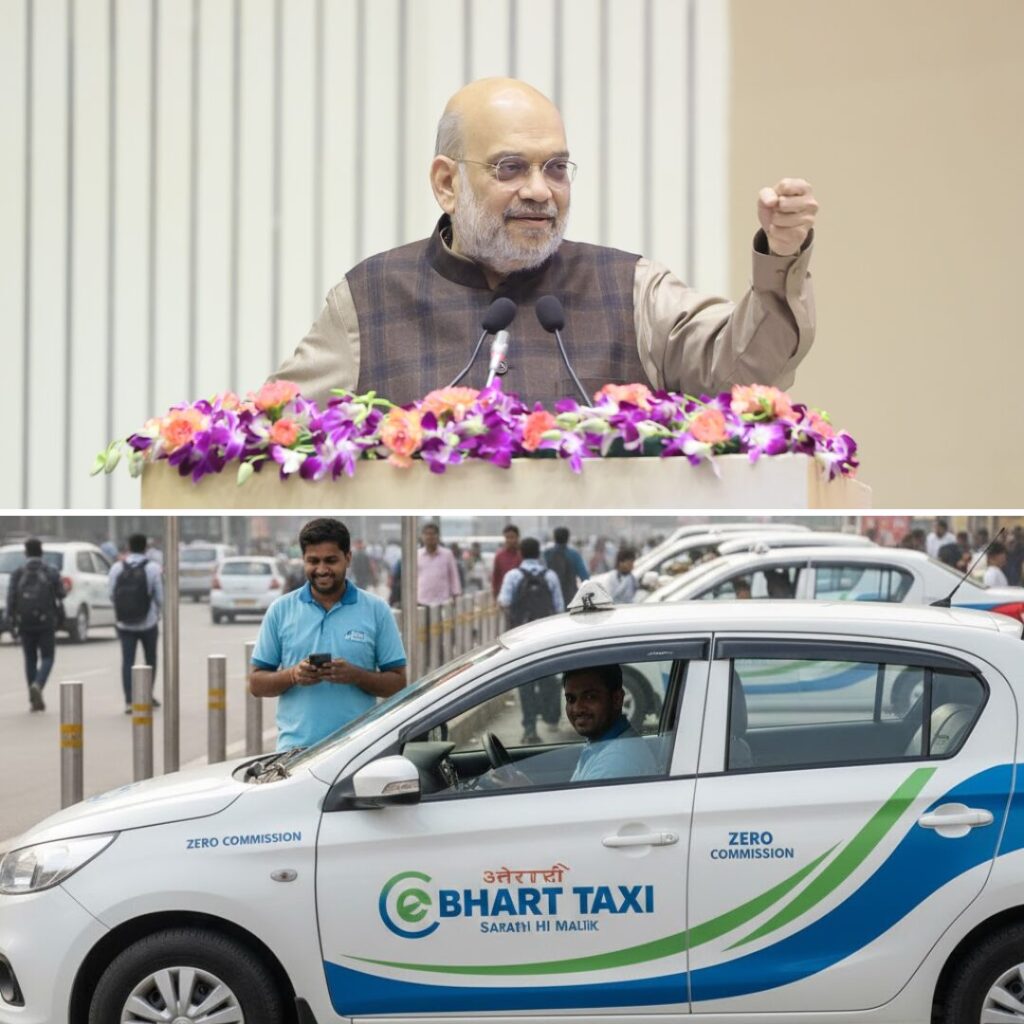Karnataka has embarked on a historic and technologically advanced caste census exercise starting September 22, 2025, to digitally map every household in the state. Designed by the E-Governance Department, this app engages electricity meter readers as enumerators to speed up data collection, a move that is unprecedented in India.
This Social, Economic and Educational Survey will cover approximately seven crore residents across two crore households over a 90-day period, imbuing the process with unprecedented scale and precision. The Karnataka State Commission for Backward Classes is spearheading this effort, with a budget of Rs 450 crore, significantly higher than the shelved 2015 caste survey.
The app’s utilisation of Aadhaar-linked verification, geo-tagging of households, and an integrated digital platform aims to ensure accurate, transparent, and efficient enumeration.
Key Features and Implementation Strategy
To ensure comprehensive coverage, around 1.85 lakh government teachers will act as enumerators, each tasked with surveying about 150 households. These enumerators are expected to work even during the Dasara vacation, receiving an honorarium of Rs 20,000, amounting to over Rs 325 crore dedicated to their remuneration alone. The survey questionnaire includes 60 questions covering social, economic, educational, and political status indicators.
Chief Minister Siddaramaiah has urged complete cooperation from citizens to ensure the success of the census. Unique Household ID stickers are being affixed to homes for easy identification. Significantly, the census will list about 1,800 castes and sub-castes, up from 1,351 in 2015, reflecting a wider social mapping. Citizens unwilling to share caste details with enumerators have alternative options such as online submission or a dedicated helpline, strengthening inclusivity and privacy safeguards.
The census is poised to reshape Karnataka’s political landscape by providing updated, granular caste data that could influence reservation policies, electoral strategies, and social justice initiatives. Its outcomes may drive renewed debates on affirmative action and strengthen community representation demands.
Learning From Past Attempts and Political Perspectives
The 2015 caste census was halted amid opposition from dominant caste groups, such as the Lingayats and Vokkaligas, questioning the scientific validity of the exercise. This new survey seeks to overcome those challenges by integrating advanced technology and detailed preparatory training for enumerators.
Siddaramaiah, defending the initiative, emphasised that the census “will be scientific, inclusive, and a step towards social justice,” with findings expected to shape Karnataka’s 2026 state budget. Political support from Congress leaders and willingness to address intra-community reservation have marked a more committed approach this time.
However, opposition parties remain critical, alleging political motives behind the census. The government plans to finalise and publish results by December 2025, aiming to implement equitable social policies based on empirical data.
The Logical Indian’s Perspective
Karnataka’s initiative to deploy digital technology for a socially sensitive census demonstrates a commitment to transparency, inclusivity, and evidence-based policymaking. While such data collection can empower equitable resource distribution and social justice, it also necessitates robust safeguards for data privacy and community trust. The success of this ambitious survey could become a model for other states in addressing social disparities through dialogue and scientific methodology.
ನಮ್ಮ ಸಮೀಕ್ಷೆ – ನಮ್ಮ ಜವಾಬ್ದಾರಿ
— CM of Karnataka (@CMofKarnataka) September 13, 2025
ಸಾಮಾಜಿಕ ಮತ್ತು ಶೈಕ್ಷಣಿಕ ಸಮೀಕ್ಷೆ ಎನ್ನುವುದು ರಾಜ್ಯದ ಎಲ್ಲಾ ಜನರ ಸಾಮಾಜಿಕ ಮತ್ತು ಶೈಕ್ಷಣಿಕ ಸ್ಥಿತಿಗತಿಗಳನ್ನು ತಿಳಿದುಕೊಂಡು ರಾಜ್ಯದ ನೀತಿ ನಿರೂಪಣೆಯನ್ನು ಕೈಗೊಳ್ಳಲು ಆಧಾರವಾಗಿರುತ್ತದೆ.
ಕರ್ನಾಟಕ ಹಿಂದುಳಿದ ವರ್ಗಗಳ ಆಯೋಗವು ರಾಜ್ಯದ ಸಾಮಾಜಿಕ ಮತ್ತು ಶೈಕ್ಷಣಿಕ ಸಮೀಕ್ಷೆ – 2025 ಅನ್ನು… pic.twitter.com/OKZKYbG43X












